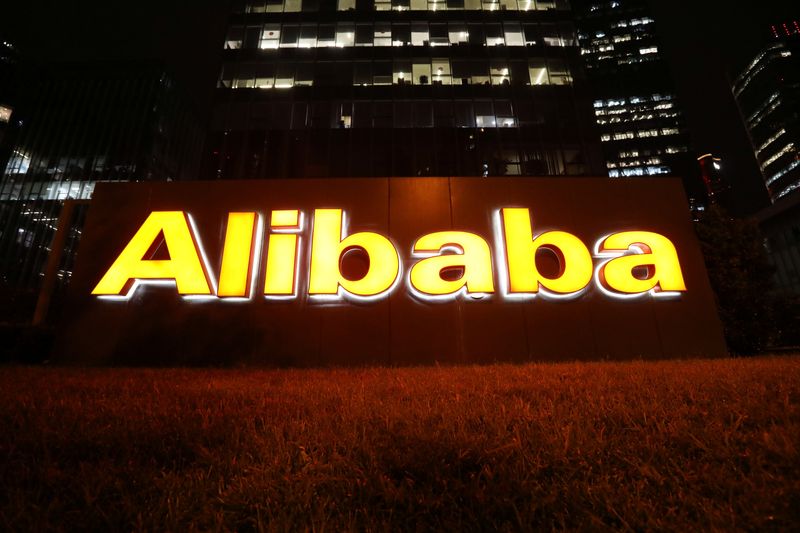By Fanny Potkin and Brenda Goh
SINGAPORE/SHANGHAI (Reuters) - Alibaba (NYSE:BABA) Group plans to expand its Southeast Asian arm, Lazada, to Europe, two sources familiar with the matter told Reuters, as the Chinese e-commerce company seeks further overseas growth amid slowing opportunities at home.
The move comes months after Alibaba's logistics arm, Cainiao, opened a central hub for European sales in Belgium.
Alibaba is already present in Europe through its global e-commerce platform, AliExpress, which mainly targets consumers looking for such goods from Chinese manufacturers as smartphone accessories and clothing.
Lazada plans to target local European vendors, while AliExpress will continue to focus mainly on cross-border sales from China, one of the sources told Reuters. Lazada Thailand CEO James Dong will help spearhead the initiative, that person said.
Alibaba overseas commerce head Jiang Fan visited Singapore in April to discuss the expansion, the same source added.
Lazada and Alibaba did not immediately respond to requests from Reuters for comment.
The sources did not specify which European countries Lazada intended to expand to. The details were being finalised, they said. They declined to be identified, as they were not authorised to speak to the media.
In China, Alibaba has faced strong competition from such rivals as Pinduoduo (NASDAQ:PDD) Inc and ByteDance subsidiary Douyin, while new regulations have limited opportunities for expansion. Lazada was founded in 2012 by Germany's Rocket Internet technology incubator to become Southeast Asia's answer to Amazon.com Inc (NASDAQ:AMZN). Alibaba acquired a controlling stake in it for about $1 billion in 2016 in what was the Chinese firm's biggest foreign deal at the time.
Alibaba said in December it had set targets for the Southeast Asian marketplace of $100 billion in gross merchandise volume and 300 million users.

Lazada generated $21 billion in gross merchandise volume in the year to end-September 2021 and had 159 million users, as competition intensified with larger rival Shopee, owned by Sea Ltd.
Shopee itself has expanded globally, entering such markets as Poland, Spain and France last year. But it withdrew from India and France in March, facing a weak growth outlook.